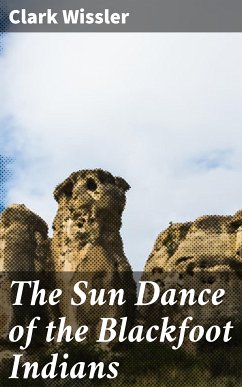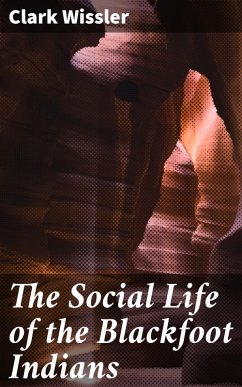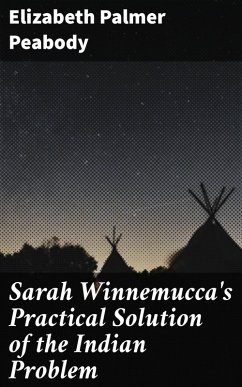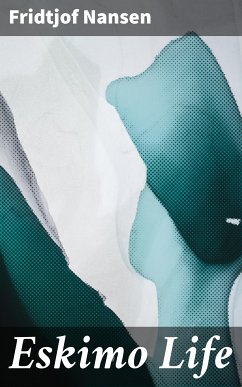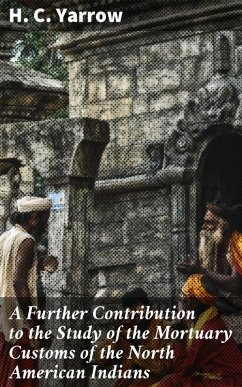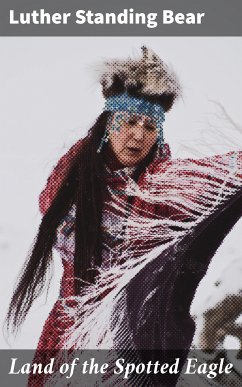
The Central Eskimo (eBook, ePUB)
With Maps and Illustrations of Tools, Weapons & People
Versandkostenfrei!
Sofort per Download lieferbar
0,49 €
inkl. MwSt.
Weitere Ausgaben:

PAYBACK Punkte
0 °P sammeln!
In "The Central Eskimo," Franz Boas presents a meticulous ethnographic study that delves into the intricate cultural practices, social structures, and subsistence methods of the Central Eskimo peoples. Employing an observational and descriptive literary style, Boas intertwines rich narrative detail with rigorous academic analysis, thereby contextualizing the Eskimo's way of life within broader anthropological discourse. This work stands as a pivotal text in American anthropology, reflecting late 19th-century perspectives while pioneering modern ethnographic methods that emphasize fieldwork and...
In "The Central Eskimo," Franz Boas presents a meticulous ethnographic study that delves into the intricate cultural practices, social structures, and subsistence methods of the Central Eskimo peoples. Employing an observational and descriptive literary style, Boas intertwines rich narrative detail with rigorous academic analysis, thereby contextualizing the Eskimo's way of life within broader anthropological discourse. This work stands as a pivotal text in American anthropology, reflecting late 19th-century perspectives while pioneering modern ethnographic methods that emphasize fieldwork and cultural relativism. Franz Boas, often regarded as the "father of American anthropology," was profoundly influenced by his belief in cultural relativism and an empirical approach to study diverse human societies. His extensive background in geography and natural sciences expedited his rich understanding of environmental influences on culture. As an early advocate against racial determinism, Boas sought to challenge prevailing stereotypes of indigenous peoples through comprehensive field studies, which found their zenith in "The Central Eskimo." This seminal work is highly recommended for readers interested in anthropology, cultural studies, or Arctic history. It not only serves as a vital resource for understanding the Eskimo way of life but also exemplifies the critical evolution of anthropological thought in the early 20th century. Boas's persistent pursuit of accuracy and sensitivity towards the subjects of his study make this book an essential read for scholars and enthusiasts alike.
Dieser Download kann aus rechtlichen Gründen nur mit Rechnungsadresse in A, B, BG, CY, CZ, D, DK, EW, E, FIN, F, GR, H, IRL, I, LT, L, LR, M, NL, PL, P, R, S, SLO, SK ausgeliefert werden.






